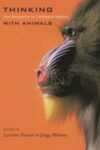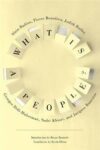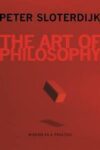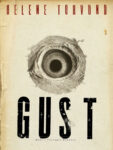Columbia University Press
Viser 1–16 av 33 resultaterSortert etter siste
-

What World Is This? A Pandemic Phenomenology
kr 224,00 Legg i handlekurv -

Thinking with Animals
kr 368,00 Legg i handlekurv -

The Habermas-Luhmann Debate
kr 309,00Utsolgt -

What Is a People?
kr 283,00 Legg i handlekurv -

The Art of Philosophy
kr 206,00 Legg i handlekurv -

Ecce Humanitas
kr 288,00Utsolgt -

Ahmed the Philosopher
kr 293,00 Legg i handlekurv -

Broken Ground
kr 370,00Utsolgt -

Forms of Poetic Attention
kr 300,00Utsolgt -

Contemporary PerforMemory
kr 360,00Utsolgt -

Why Veganism Matters
kr 200,00Utsolgt -

Animals and Society
kr 400,00Utsolgt -

A Face Drawn in Sand
kr 288,00Utsolgt -
 Eric Thomas Weber (Red.)
Eric Thomas Weber (Red.)America’s Public Philosopher
kr 288,00Utsolgt -

Touch: Recovering Our Most Vital Sense
kr 233,00Utsolgt -

Virginia Woolf: A portrait
kr 288,00 Legg i handlekurv
Viser 1–16 av 33 resultaterSortert etter siste